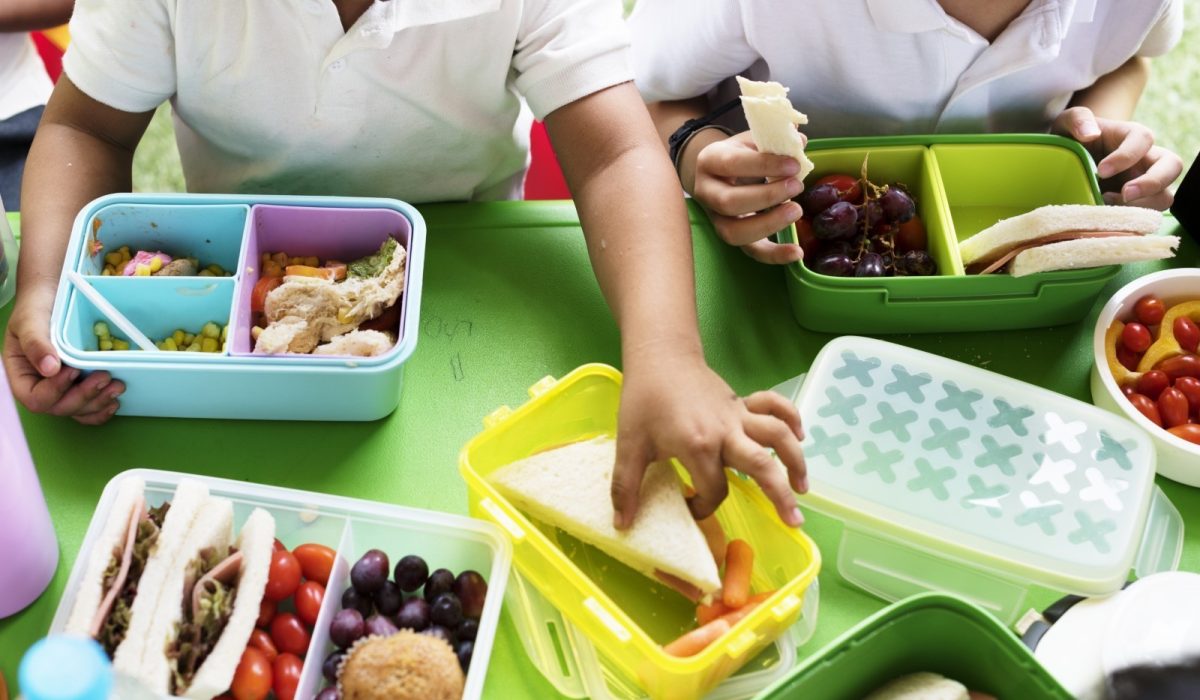In life’s journey, childhood is a vital phase characterized by growth, learning, and exploration. School-going children, in particular, are at a crucial juncture where their diet plays a pivotal role in ensuring proper physical and mental development. To help parents and caregivers navigate this important aspect, we delve into the key components of a balanced diet for school-going children.
1. Protein:
Proteins are the building blocks of life. They play a critical role in the growth and repair of tissues, making them essential for children. Protein sources include eggs, lean meats, poultry, fish, dairy products, legumes, and nuts.
2. Carbohydrates:
Carbohydrates are the primary source of energy for children. Whole grains like brown rice, whole wheat bread, oats, and pasta provide sustained energy and fiber, aiding digestion and keeping kids full and focused.
3. Iron:
Iron is essential for the formation of red blood cells (RBCs) and oxygen transport in the body. Incorporate iron-rich foods like lean meats, fortified cereals, beans, and spinach into their diet to prevent iron deficiency anemia.
4. Calcium:
Calcium is vital for the development of strong bones and teeth. Dairy products like milk, cheese, yogurt, and fortified plant-based options should be a part of their daily intake.
5. Vitamins:
A variety of vitamins are necessary for different bodily functions. Vitamin-rich foods like fruits, vegetables, and whole grains provide essential nutrients for overall health. Vitamin D, for example, is crucial for bone health and can be obtained from sunlight, fortified dairy, and supplements when necessary.
6. Minerals:
Minerals like magnesium and potassium support proper muscle and nerve function. Bananas, potatoes, and leafy greens are excellent sources of magnesium and potassium.
While it’s important to include these essential nutrients in your child’s diet, it’s equally crucial to be mindful of what should be limited or avoided.
1. Sweets and Desserts:
Excessive consumption of sugary treats can lead to dental issues and unhealthy weight gain. Occasional indulgence is acceptable, but moderation is key.
2. Soft Drinks:
Soda and sugary beverages offer empty calories and can lead to tooth decay and obesity. Opt for water, milk, or natural fruit juices instead.
3. Sugar-Coated Cereals:
These cereals may be attractive to kids, but they are often high in added sugars and low in nutritional value. Look for whole-grain, low-sugar options.
4. Chips and Candy:
Processed snacks like chips and candy provide little nutrition and are often high in unhealthy fats and sugars. Substitute them with healthier alternatives like air-popped popcorn or fruit slices.
5. Processed Foods:
Ready-made, heavily processed foods are typically high in sodium, unhealthy fats, and additives. Cook homemade meals whenever possible to ensure the quality of ingredients.
In conclusion, a balanced diet is the cornerstone of a child’s physical and mental development. By incorporating the proper nutrients and limiting or avoiding sugary and processed items, parents and caregivers can set the stage for a healthy and thriving future.
SEO Keywords:
- School-going children’s diet
- Proper nutrition for kids
- Balanced diet for children
- Essential nutrients for growth
- Healthy eating habits for kids
- Iron-rich foods for children
- Calcium sources for kids
- Vitamins for child development
- Limiting sugary snacks
- Avoiding processed foods

